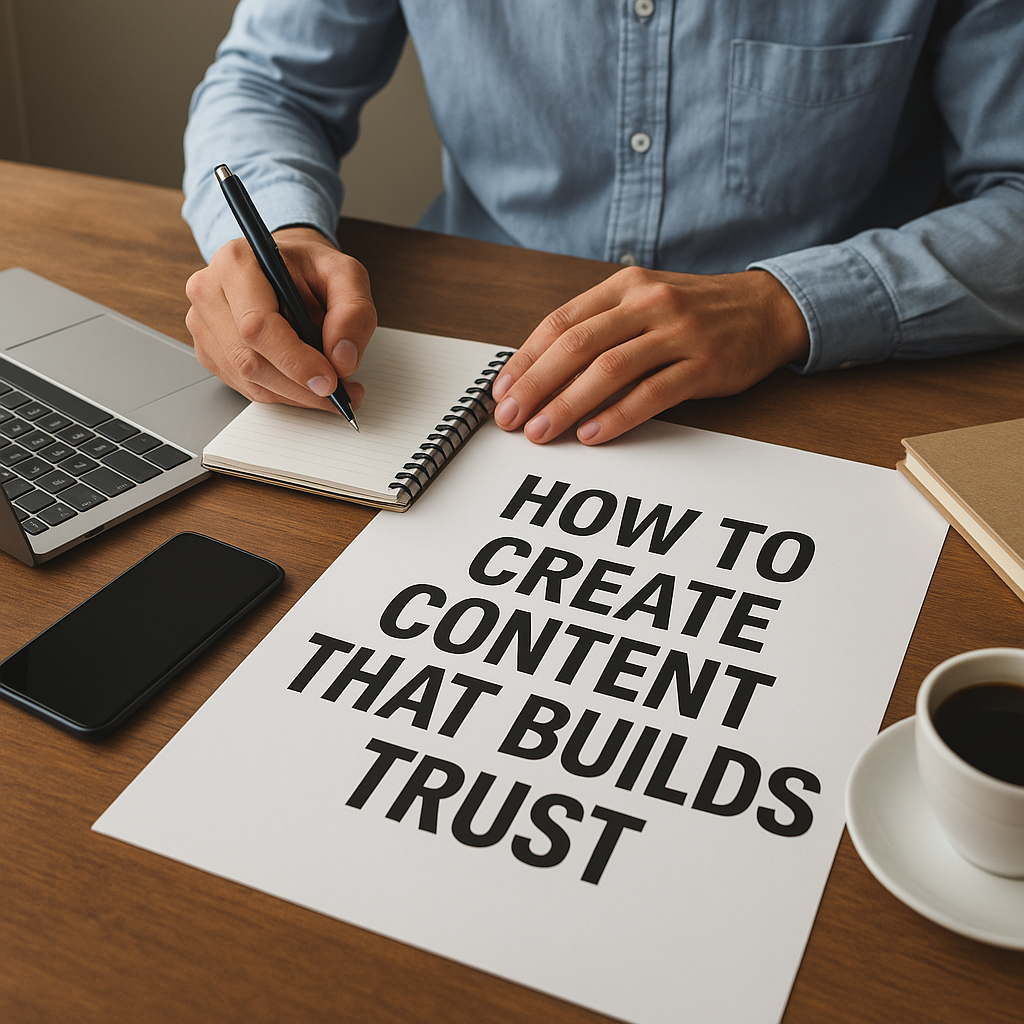Social media has become an integral part of our daily lives, influencing how we communicate, interact, and perceive the world around us. This article delves into the multifaceted impact of social media on our daily life and overall wellbeing, exploring both the positive and negative aspects.
The Positive Impacts of Social Media
Social media platforms have revolutionized the way we connect with others, offering numerous benefits that enhance our daily lives. From staying in touch with friends and family to accessing a wealth of information, the positive impacts of social media are manifold.
Enhanced Communication and Connectivity
One of the most significant advantages of social media is its ability to bridge geographical gaps, allowing people to stay connected regardless of distance. Platforms like Facebook, Instagram, and Twitter enable users to share updates, photos, and videos, fostering a sense of closeness and community. This enhanced connectivity is particularly beneficial for maintaining relationships with loved ones who live far away.
Access to Information and Resources
Social media serves as a powerful tool for disseminating information quickly and efficiently. Users can stay informed about current events, trends, and developments in various fields. Additionally, social media platforms provide access to a plethora of educational resources, tutorials, and expert advice, empowering individuals to learn new skills and expand their knowledge base.
Opportunities for Professional Networking
Platforms like LinkedIn have transformed the professional landscape, offering opportunities for networking, job searching, and career development. Professionals can connect with industry peers, join relevant groups, and participate in discussions that enhance their career prospects. Social media also allows businesses to reach a broader audience, promoting their products and services more effectively.
The Negative Impacts of Social Media
While social media offers numerous benefits, it also has its drawbacks. The pervasive nature of these platforms can lead to various negative consequences, affecting mental health, privacy, and overall wellbeing.
Mental Health Concerns
Excessive use of social media has been linked to various mental health issues, including anxiety, depression, and low self-esteem. The constant exposure to curated and idealized representations of others’ lives can lead to feelings of inadequacy and envy. Additionally, the pressure to maintain a perfect online persona can contribute to stress and burnout.
Privacy and Security Risks
Social media platforms often require users to share personal information, which can be exploited by malicious actors. Privacy breaches, identity theft, and cyberbullying are significant concerns that can have severe repercussions. Users must be vigilant about the information they share and take steps to protect their privacy online.
Impact on Real-Life Interactions
The convenience of online communication can sometimes come at the expense of face-to-face interactions. Overreliance on social media for socializing can lead to a decline in the quality of real-life relationships. The lack of non-verbal cues and the impersonal nature of online communication can result in misunderstandings and weakened emotional connections.
Balancing Social Media Use for Better Wellbeing
To harness the benefits of social media while mitigating its negative impacts, it is essential to strike a balance in its usage. Here are some strategies to achieve a healthier relationship with social media.
Setting Boundaries
Establishing clear boundaries for social media use can help prevent overuse and its associated negative effects. This can include setting specific times for checking social media, limiting the duration of use, and designating social media-free zones, such as during meals or before bedtime.
Curating Your Feed
Being mindful of the content you consume on social media can significantly impact your mental wellbeing. Follow accounts that inspire, educate, and uplift you, and unfollow or mute those that trigger negative emotions. Curating a positive and supportive online environment can enhance your overall experience.
Engaging in Real-Life Activities
Balancing online interactions with real-life activities is crucial for maintaining healthy relationships and overall wellbeing. Make time for hobbies, physical exercise, and face-to-face socializing. Engaging in offline activities can provide a sense of fulfillment and reduce the negative impact of excessive social media use.
Conclusion
Social media has undeniably transformed our daily lives, offering both significant benefits and notable challenges. By understanding its impact on our wellbeing and adopting strategies to balance its use, we can maximize the positive aspects while minimizing the negative ones. Ultimately, the key lies in mindful and intentional use of social media, ensuring it enhances rather than detracts from our quality of life.



